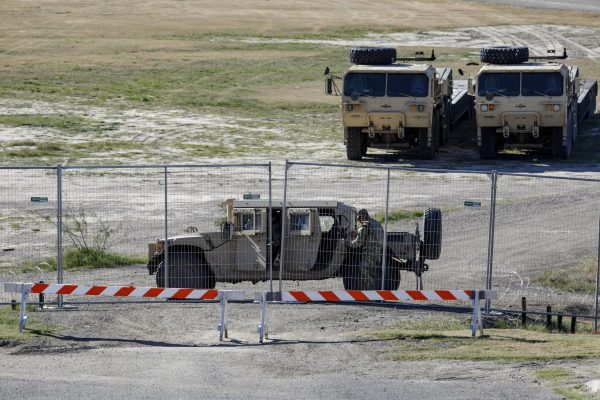Reporting the unpleasant: How to address what makes you uncomfortable
November 3, 2015
Last semester, a Tarleton State University student reported a series of incidents in which a professor, Jeff Justice, pressured himself and other male students into engaging in a ritual they was uncomfortable with. More details have revealed that Justice was not necessarily of sound mind at the time, and has since resigned his post as a political science professor. However, in light of these events, JTAC News found it pertinent to ensure that students are aware of how to go about reporting incidents of inappropriate behavior or harassment to the university. We spoke with Angie Brown, Assistant Vice President of Employee Services, to get the scoop on reporting policies and procedures at Tarleton.
Students should report “student to student conduct” to the Office of Judicial Affairs, a Residential Leader, or Darren Keith, title IX Coordinator for Tarleton, according to Brown. “Employee to student or student to employee” misconduct should be reported to the Office of Employee Services, the Office of Judicial Affairs, a Residential Leader, a Supervisor or Keith.
“A student can expect a fair and impartial process, assistance with addressing any safety or security concerns, and updates of status of a complaint or report throughout the process,” said Brown.
After making the complaint, students may not be privy to information about the results of their complaint.
“A student may not know all the details of the outcome – if the outcome involves taking action with the respondent, such as disciplinary action, suspension, termination or removal from a responsibility, to name a few, these are personnel matters and not open information,” Brown explained. “FERPA [Family Educational Rights and Privacy Act] restricts the university with what information it can provide regarding outcomes or sanctions imposed on other students.”
However, Brown said, students will be assured that their complaint is being investigated.
“…a student will know a decision,” Brown said. “An investigator reviews the facts surrounding the report or complaint and provides a report to the decision-maker. The decision-maker (typically the Vice President of a division) makes the final decision on the complaint based upon the facts reported by the investigator.”
In addition, investigations must be completed in a timely manner.
“Timelines are outlined in all policies related to the handling of complaints and appeals for both students and employees, so students can have the assurance an investigation will not drag on,” Brown said.
Students may be afraid to come forward with reports. In the incident mentioned above, the witness wrote in his statement that he was “scared with him [Justice] having power [over his] grade” and therefore continued responding to the professor’s attempts to contact him, despite his discomfort with the situation. Brown, however, assured us that Tarleton has policies in place to protect students who make reports against faculty, staff, fellow students or administrators.
“Retaliation is prohibited in all university processes involving due process,” Brown said. “Retaliation can be cause for a separate complaint or report. Students experiencing retaliation for participating in an investigation, either as a witness or as a party to the complaint or report, should report it immediately to the same offices listed above.”





